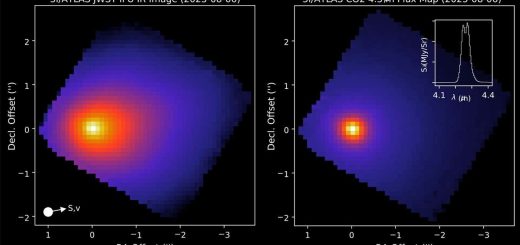There’s a 5% chance of AI causing humans to go extinct, say scientists
In the largest survey yet of AI researchers, a majority say there is a non-trivial risk of human extinction due to the possible development of superhuman AI
By Jeremy Hsu
4 January 2024
AI researchers predict a slim chance of apocalyptic outcomes
Stephen Taylor / Alamy Stock Photo
Many artificial intelligence researchers see the possible future development of superhuman AI as having a non-trivial chance of causing human extinction – but there is also widespread disagreement and uncertainty about such risks.
Those findings come from a survey of 2700 AI researchers who have recently published work at six of the top AI conferences – the largest such survey to date. The survey asked participants to share their thoughts on possible timelines for future AI technological milestones, as well as the good or bad societal consequences of those achievements. Almost 58 per cent of researchers said they considered that there is a 5 per cent chance of human extinction or other extremely bad AI-related outcomes.
Read more
Much of North America may face electricity shortages starting in 2024
Advertisement
“It’s an important signal that most AI researchers don’t find it strongly implausible that advanced AI destroys humanity,” says Katja Grace at the Machine Intelligence Research Institute in California, an author of the paper. “I think this general belief in a non-minuscule risk is much more telling than the exact percentage risk.”
But there is no need to panic just yet, says Émile Torres at Case Western Reserve University in Ohio. Many AI experts “don’t have a good track record” of forecasting future AI developments, they say. Grace and her colleagues acknowledged that AI researchers are not experts in forecasting the future trajectory of AI but showed that a 2016 version of their survey did a “fairly good job of forecasting” AI milestones.
Compared with answers from a 2022 version of the same survey, many AI researchers predicted that AI will hit certain milestones earlier than previously predicted. This coincides with the November 2022 debut of ChatGPT and Silicon Valley’s rush to widely deploy similar AI chatbot services based on large language models.


